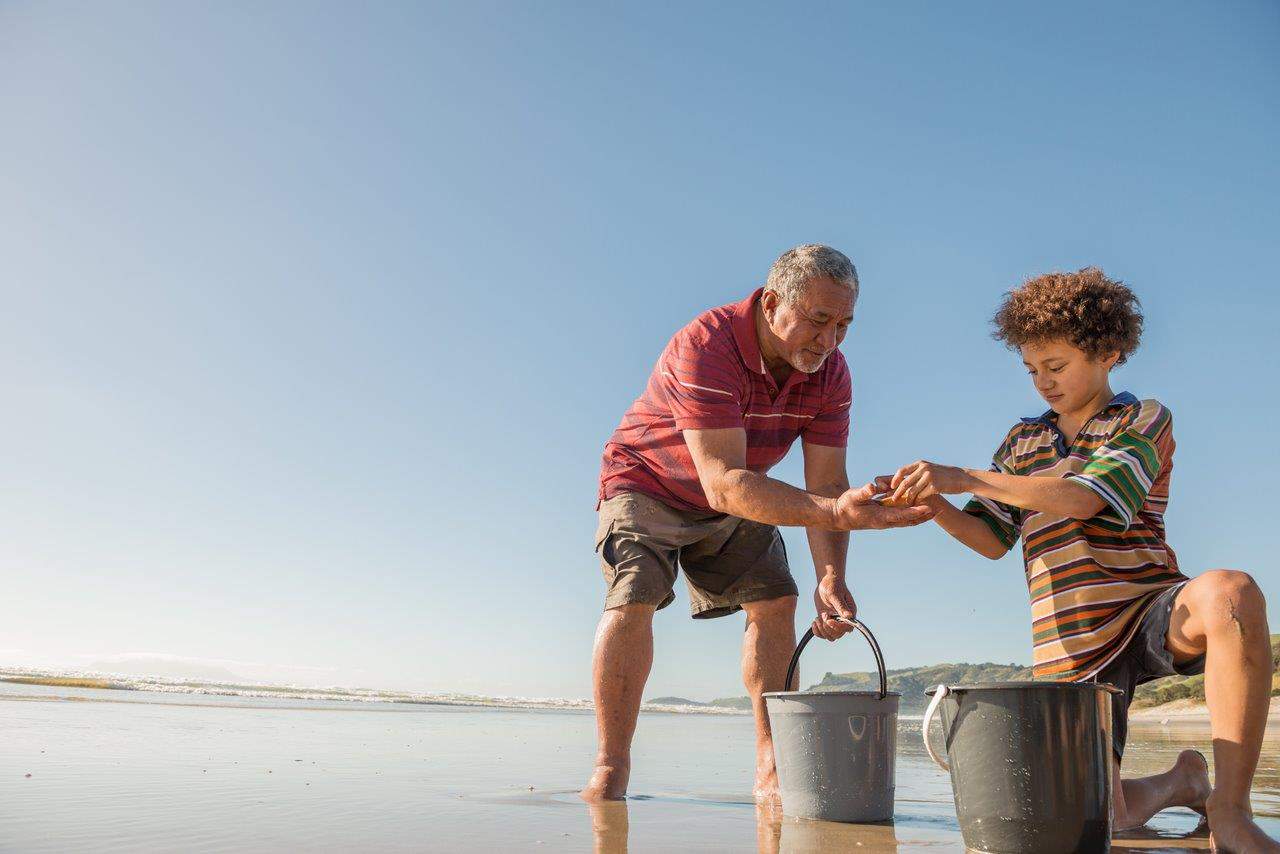There are significant benefits to shared authority, and some of those benefits for environmental and community wellbeing are illustrated in examples of co-governance in a new report produced under BioHeritage’s Me Tū ā-Uru programme for policy and decision-makers.
Shared authority contributes to better, more enduring, and thoroughly considered decisions, conclude Carwyn Jones & Jordan Green in “Shared Authority and Responsibility of Our Environments: Why it makes sense to protect our special places together”. By including a wider range of perspectives and distinctive interests and experiences, shared authority has many benefits, say the authors.
Regardless of where we live or our backgrounds, healthy ecosystems are vital for our shared wellbeing, the report says. “Across Aotearoa New Zealand, many people and communities want to contribute to a healthy and flourishing environment, where all people are able to be in restored relationships with our environments, where vital areas like our waterways are clean and abundant with fish and plants that teach and sustain us into the future.”
Responsible management of our environment means thinking long-term for future generations, says the report. “It means working together and taking practical steps, relying on common sense, and drawing on all the evidence and expertise to look after our environments and communities. By working together and sharing authority and responsibility, we can effectively care for our environments and protect our biodiverse ecosystems. To do this, we need governments to support the efforts of hapū and iwi, who hold deep knowledge of their local environments and are already leading potential solutions. We also need governments to continue work to support partnerships between local governments, community and hapū and iwi, which are already successfully enabling healthy and thriving environments.”
The briefing explores positive examples of shared authority or co-governance of the environment, and the benefits of iwi and hapū knowledge and leadership. First, the report defines co-governance and shared authority, why they are important, and how they benefit all who live in Aotearoa New Zealand. “Giving effect to our country’s constitutional agreements, including Te Tiriti o Waitangi, is not simply about increasing the diversity of decision-makers,” says the report. “More specifically, shared decision-making models intend to include specific voices – voices from communities that have a distinctive interest in the decisions that are being made.”
As well as looking forward to a better future with opportunities and solutions for improved environmental governance, the briefing details case studies where iwi, hapū, and Māori groups are already engaging in shared authority relationships, caring for and protecting the environment. The adaptability of shared decision-making means it should be considered as a mechanism for improving outcomes for communities that are affected by the decisions made, including future generations, and for taonga that those decisions concern (including lands, waterways, health and wellbeing). “While there is a significant amount that can be learned from shared decision-making agreements created through Treaty settlements, there is an opportunity for future agreements between tangata whenua and kāwanatanga to be reimagined and designed to suit the specific needs and interests of those involved and affected.”
The report is available from the Me Tū ā-Uru website, where you can also find Carwyn’s Primer on Treaty principles.
